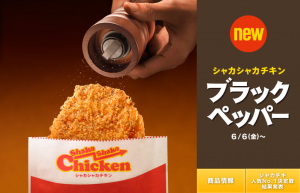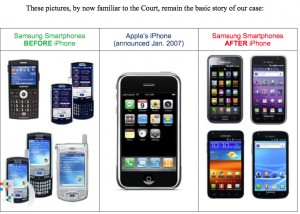An interesting discussion in our information technology lecture led to the topic of using social networking as market research. In fact, Facebook, easily one of the highest traffic sites on the worldwide web, recently disappointed when its shares did not meet the IPO. However, perhaps companies are relying too much on social media for advertising. Is it a veritable source of accurate research? Should companies keep paying the costs of expensive interactive, and even IP-address customized, advertisements?
Facebook seems to be the ideal breeding ground for this. Internally, algorithms are already written which determine ‘suggested likes’ and ‘top friends’ based on a user’s activity – and the suggestions are scarily accurate. However, there is one flaw in using social networking as the basis of market research – in that the Facebook news feed is not where most people get their information and daily news – at least, the demographic old enough to hold real market power over goods and services. Similarly, many users do not take the time to ‘like’ pages they, in fact do like in real life. Additionally, one must consider inactive accounts, multiple accounts, spam accounts, and such. This sort of research is skewed by the contingency theory, and though a popular investment recently, is likely not the most accurate.
An interesting article which shares my view can be found here.








